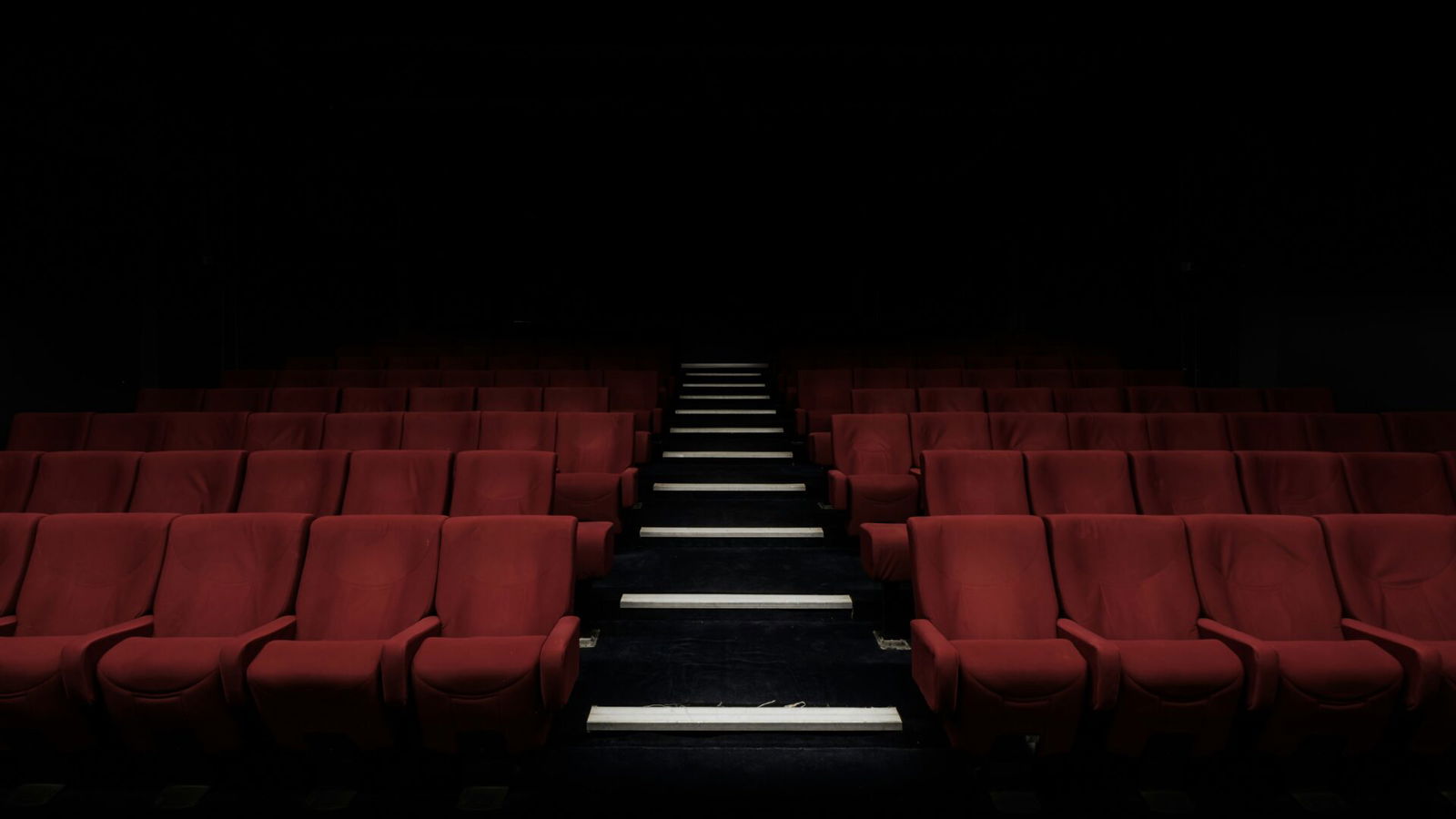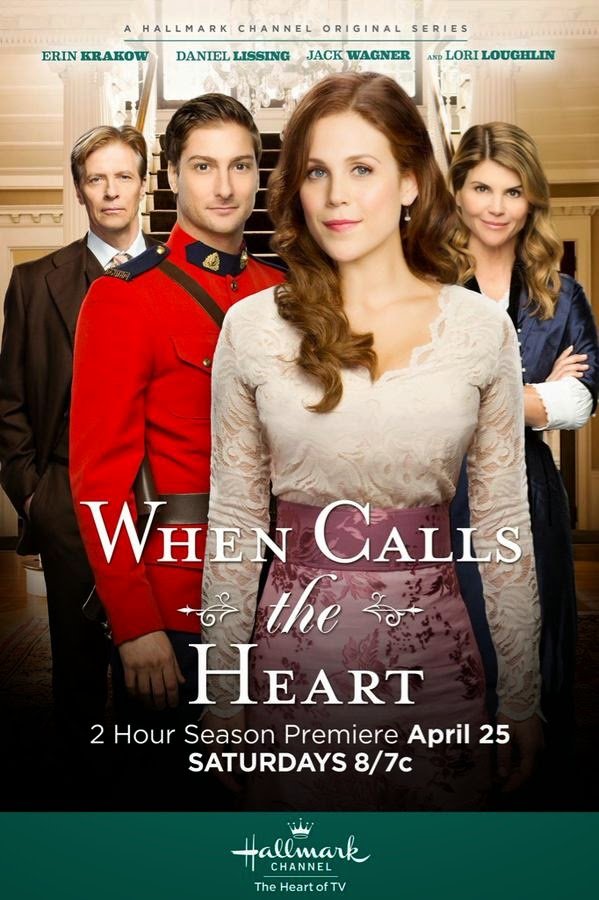
By Mallory Mattingly
A recent Oscar trend keeps spelling box office disaster for Best Director winners’ future films, as they follow up their wins with terrible movies that perform poorly at the box office.
Over the last 13 years, several winners have experienced this.
The Hollywood Reporter said that Ang Lee’s LIFE OF PI’s (2012) follow-up BILLY LYNN’S LONG HALFTIME WALK (2016) bombed. Damien Chazelle’s LA LA LAND (2016) follow-up FIRST MAN (2018) also struggled. Guillermo del Toro’s NIGHTMARE ALLEY (2021) didn’t live up to THE SHAPE OF WATER’s (2018) success. And Chloé Zhao followed up NOMADLAND (2020) with box office flop ETERNALS (2021)
Another recent addition to the list is PARASITE director Bong Joon Ho, who won the Best Director award in 2020. His follow-up film, MICKEY 17, recently flopped at the box office, and viewers aren’t afraid to let him know.
“#Mickey17 is the #1 Movie in the World,” the movie’s X page posted on March 10. That, however, was never actually the case, and many followers of the film knew that.
“Yeah right, it’s flopping hard,” one person wrote.
“Can I get my $8 back? This movie sucked,” another said.
MICKEY 17 had a budget of $118 million at Warner Bros., but the film has only earned about $40.8 million in the states and $110.7 million worldwide.
Movieguide® recommends avoiding the movie altogether. The review says:
MICKEY 17 tells a story that’s often exciting, comical and weird (in a fun way). However, Mark Ruffalo’s performance as the evil Christian politician is so over-the-top that it helps turn MICKEY 17 into a ham-fisted, hateful piece of Marxist propaganda. As such, the movie not only attacks capitalism, it also viciously attacks Christians. MICKEY 17 also has abundant foul language, many “f” words, intense violence, and some lewd scenes. Discerning moviegoers will reject it.
So why exactly are Best Director winners’ subsequent films flops?
It’s not because people aren’t interested in going to the theater.
A study from the Global Cinema Foundation found that “72% of customers agree or strongly agree that a visit to the cinema is good value for money,” and “64% don’t see any barriers to cinema visitation when there is a movie they want to watch.”
Thomas Doherty, an American Studies professor at Brandeis University and an associate editor at Cineaste magazine, suggests that the prestige that goes along with a Best Director Oscar win can get to the winner’s head.
The award “is the supreme validation you’re getting from Hollywood. So you know: You’re really good. And unless you get your head screwed on right, that can be a real problem. I think very few artists, or very few people in general, kind of have that ability to sort of step back from their art,” he explained.
“I wonder if the people working with the director — producers and writers and actors — are over-awed and therefore less willing to question his/her judgment because his/her auteurist brilliance has been validated by the industry’s highest award,” Doherty added. “Back in the studio days, a mogul could tell the director on the payroll the film was too long and he needed to cut 25 minutes. And that was that. Who today would have the stones to say that to Martin Scorsese or Christopher Nolan?”
Ultimately, though, it’s because moviegoers are tired of paying for films that contain graphic violence and sexual content, as well as foul language. Instead, they want to see films that are family-friendly and even faith-based.
Questions or comments? Please write to us here.


 - Content:
- Content: 

